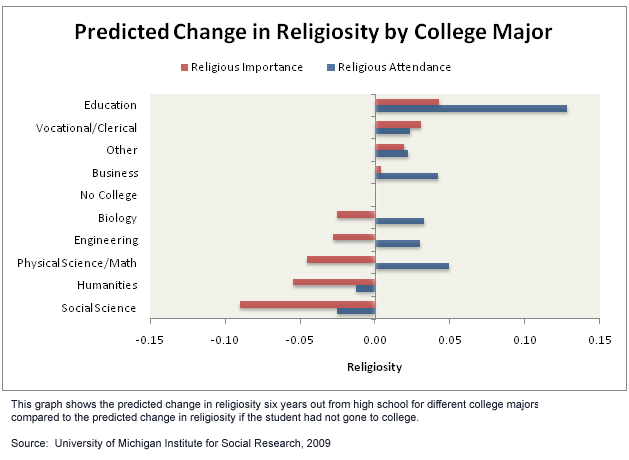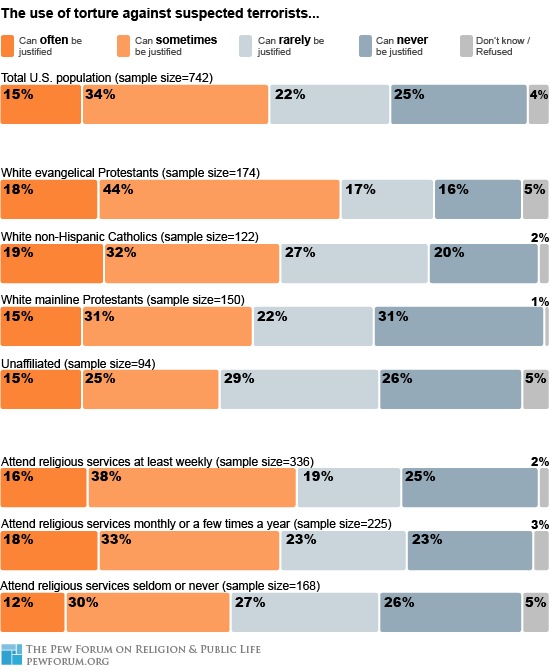Back in the spring of 2016, Nimb.e (“The e-magazine of New College of Florida”) published Professor David Rohrbacher’s account of how the official New College seal came to be corrected. Since the article (and indeed Nimb.e) has disappeared from the web, I’m making it available again here for those who are interested in the full story.
Update: The Catalyst has published “History of the Four Winds seal” by Maya Rish, recounting the history of the seal as (extensively) researched by art history professor Malena Carrasco.
The Secret of the Seal
Professional Latinist sets right a decades-old mistake
by David Rohrbacher, Associate Professor of Classics, Humanities
When an alum happens upon the distinctive image of the New College seal, with the four winds symbol, the central sun, and the College’s name and founding date in Latin, I expect it provokes a number of positive emotions — a warm nostalgia for friends and teachers, a joyful celebration of the distinctive mission and atmosphere of New College, a sense of pride for the accomplishments involved in earning a degree.
While I am not immune from those emotions, as a professor of Classics since 2000, and the primary teacher of Latin at New College since that time, they have been mixed with embarrassment, and even pain.
You see, the Latin of the seal of New College of Florida, “Novum Collegium Floridae”, is ungrammatical.
OK, here’s the Latin part. You can skip ahead if you don’t want to think about grammar too much. The ending “ae” on the word Floridae represents a way that Latin expresses the preposition “of”. But “of” can have a variety of meanings — compare the use of “of” in “a friend of the family”, “a piece of pizza”, and “hatred of war”, which in Latin are called possessive, partitive, and objective, respectively. But Latin wouldn’t use the “ae” ending to translate “of” in the phrase “New College of Florida”, which doesn’t fit into any of the above categories. Instead, Latin would properly use an adjectival form of the noun, saying, literally, “Floridian New College”, “Novum Collegium Floridense”. (Compare the language on the seal of New College, Oxford: “Novum Collegium Oxoniense”.)
My predecessors in classics at New College, John Moore and Lyndon Clough, were widely respected for their brilliance. It seemed impossible that they could be responsible for this error. Working with librarians Sarah Norris and Ana McGrath ’09, I found the answer in the digital repository, an online collection of documents and publications relating to New College and accessible to researchers around the world. The architectural firm of I.M. Pei, who designed the seal, put a lot of effort into exploring and explaining the symbolism of the winds and sun, but, apparently, shockingly little effort into correctly translating the name of the college into Latin.
I kept this shameful secret mostly to myself until last fall, when President Don O’Shea asked me to form a committee to explore possible changes to the language of the New College diploma. I seized the opportunity to expand the reach of the committee, which was dubbed the “ad hoc committee on the New College diploma and seal”, and included among its mandates the mission to “raise consciousness about the ungrammatical nature of the New College seal”. Nine faculty members, a librarian, and four students comprised this committee. Classics professor Carl Shaw initiated the consciousness-raising process through his introduction of the committee’s mascot, “ungrammatical seal”, pictured here.
As a next step, I proceeded to raise the consciousness of Jessica Rood, director of communications, who recognized that the tone of academic tradition and excellence provided by the use of Latin in the seal was potentially undermined by its ungrammatical nature. She coordinated with the New College Alumnae/i Association and the office of the president to explore what this change would entail, and designed a beautiful seal with retains the balanced form of the original while having the additional merit of being grammatical.
In an emotional PowerPoint presentation at a faculty meeting in March, I made the case for officially changing the seal to the new language, “Novum Collegium Floridense”. The motion found strong faculty support and the new seal will be gradually introduced as opportunities arise. Save your belongings emblazoned with the old seal! Soon they will be valuable collector’s items!
There have been dark times in recent years that I have even wished that I had never learned Latin, to spare myself the pain of seeing our ungrammatical seal. But being at New College has taught me the importance of facing problems head on, and this success has left me hopeful about the future. After all, it only took 40 years, a committee of 14 people, and careful coordination between several administrative units at the College to accomplish this minor grammatical change.
With a similar, societywide effort, perhaps we could all work together to do something about the confusion between “its” and “it’s”, or people using the word “impactful”.
And listen, if you or someone you love is considering a tattoo in Latin — please, send me an email first so I can check your grammar. Even a faculty committee can’t do anything about an ungrammatical tattoo.





 … And how does Caesar figure into the Finkelstein saga, exactly? Well, there was that whole flap over the inhouse Macy’s clothing brand, just for starters. Under Finkelstein’s power-mad reign, you see, Macy’s “began pushing its own private labels despite the fact that customers still wanted traditional brands…. Private labels in department stores often connote ‘cheap.’ But Finkelstein kept the prices on Macy’s private labels so high that even customers who, to save some money, might have overlooked the stigma of in-house brands chose not to buy them.” The launch of a dubious clothing line and a plot among senators to do in a dictator-in-perpetuity: This, indeed, is a stunning parallel.
… And how does Caesar figure into the Finkelstein saga, exactly? Well, there was that whole flap over the inhouse Macy’s clothing brand, just for starters. Under Finkelstein’s power-mad reign, you see, Macy’s “began pushing its own private labels despite the fact that customers still wanted traditional brands…. Private labels in department stores often connote ‘cheap.’ But Finkelstein kept the prices on Macy’s private labels so high that even customers who, to save some money, might have overlooked the stigma of in-house brands chose not to buy them.” The launch of a dubious clothing line and a plot among senators to do in a dictator-in-perpetuity: This, indeed, is a stunning parallel.
